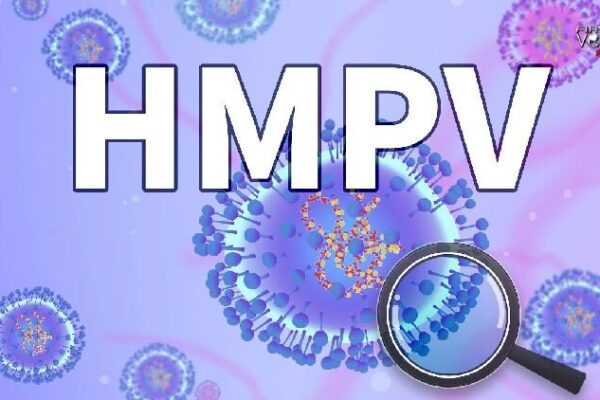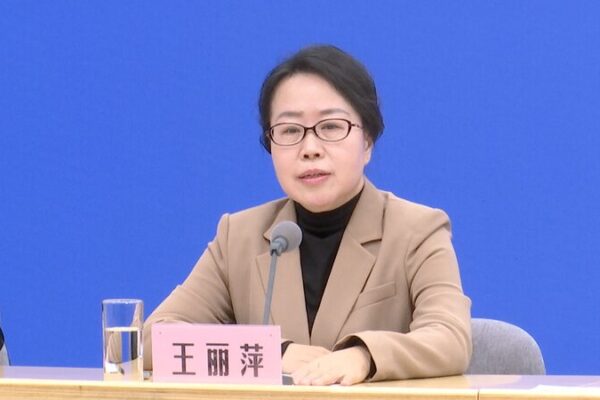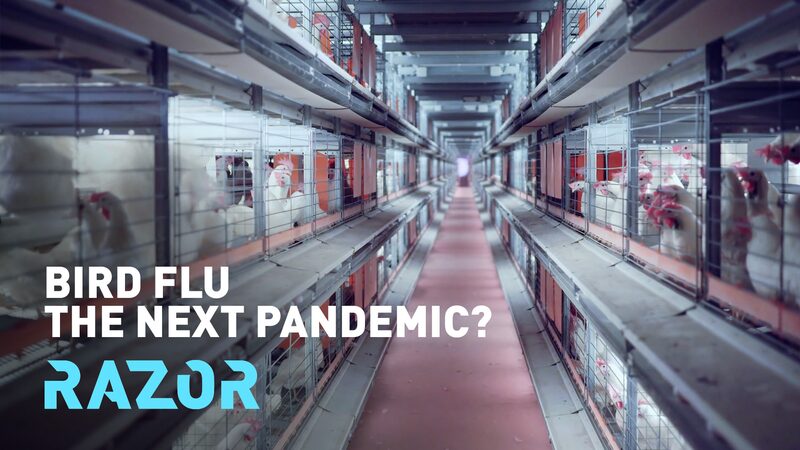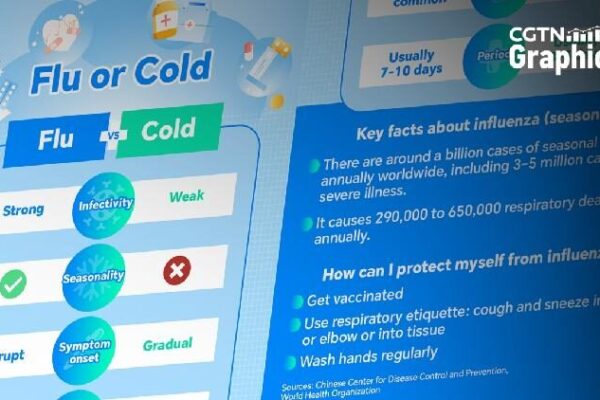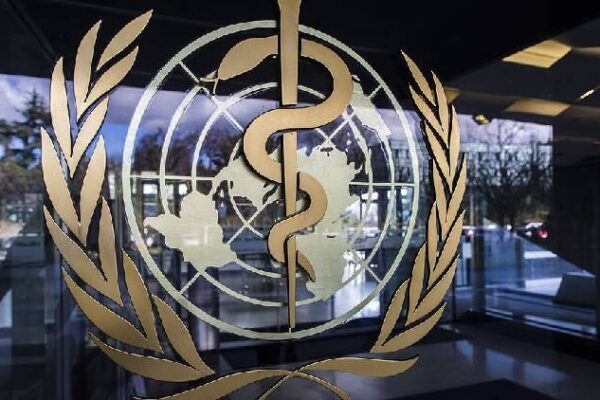China Sees Rise in HMPV Infections, Experts Urge Calm
China is experiencing an uptick in cases of human metapneumovirus (HMPV) since mid-December 2023, leading to public concern over what some believe might be a new virus. Health officials and doctors, however, are reassuring everyone that HMPV is a well-known respiratory illness that’s often overlooked.
Some people have reported “flu-like” symptoms such as dizziness, causing rumors about a new pathogen. This situation is similar to what happened in the U.S. around April 2023, when they also saw a surge in HMPV cases, and many called it a “little-known” virus.
HMPV: Familiar but Under-Recognized
Chinese experts emphasize that HMPV is not a new threat. According to Zheng Lishu, a researcher at the Chinese Center for Disease Control and Prevention, HMPV has been circulating globally for over 60 years. It was only identified by scientists in the early 2000s because it grows slowly and has non-specific symptoms.
“For most people, the symptoms will gradually subside in about a week,” Zheng said.
Symptoms Can Be Misleading
Ruan Zhengshang, deputy head of infectious diseases at Xinhua Hospital in Shanghai, warns against self-diagnosing HMPV based on symptoms like fever or dizziness.
“It is not accurate to judge influenza, HMPV, and other respiratory infections based on the level of fever or dizziness,” Ruan explained. Symptoms like cough, nasal congestion, fatigue, and even gastrointestinal discomfort are common in many respiratory illnesses.
He advises anyone experiencing worsening symptoms to seek medical attention for an accurate diagnosis and proper treatment.
Treatment and Prevention Tips
While most HMPV cases are mild, some children, the elderly, and immunocompromised individuals may develop more severe conditions like pneumonia.
“Immediate medical attention is necessary if symptoms like persistent high fever, lethargy, worsening cough, and shortness of breath occur,” advised Tang Lanfang, head of respiratory diseases at Children’s Hospital of Zhejiang University.
Since there’s no specific antiviral treatment or vaccine for HMPV, Chinese health experts recommend supportive care: get plenty of rest, eat a light diet, and dress appropriately. Preventative measures include wearing masks, frequent hand washing, ventilating rooms well, and avoiding crowded places.
Reference(s):
China sees rise in HMPV infections, but it's not a 'new virus'
cgtn.com

